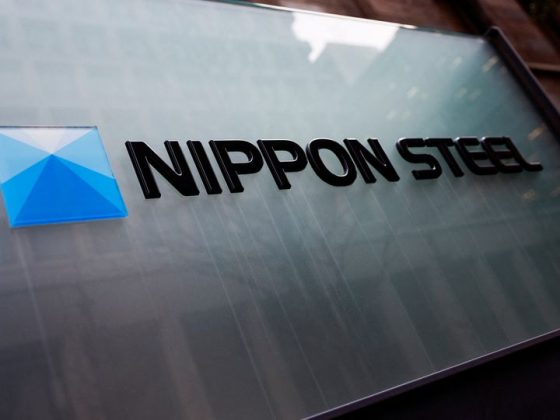MOSCOW (Reuters) – Russian authorities are discussing raising the one-off contribution that foreign companies leaving the country must make to the state budget to as high as 40% from 15%, the RBC daily reported on Friday, citing four sources.
Russia has steadily tightened exit requirements for foreign companies since Western sanctions were imposed over Moscow’s invasion of Ukraine, demanding sharp discounts on any deal before giving approval, and taking a portion of the sale price to bolster state coffers, dubbed an “exit tax” by Washington.
Budget contributions from foreign company exit deals reached almost 140 billion roubles ($1.51 billion) by the end of August, budget data showed, already surpassing last year’s total of 116.5 billion roubles.
Reuters reported last year that some foreign companies trying to exit Russia were facing a big jump in costs as Moscow demanded bigger discounts, well above the 50% minimum threshold initially demanded.
The “exit tax” was initially set at 10%, but has crept up to 15%. Now, the government commission on foreign asset sales is considering a “significant increase”, RBC cited a person familiar with the matter as saying.
Two people RBC spoke to said the contribution could be raised to as high as 40%.
“We are constantly discussing the effectiveness of the sub-committee’s work and approaches to reviewing deals,” the finance ministry said in response to a request for comment. “At the moment, no new decisions have been made.”
One of RBC’s sources said the need to raise the budget contribution stemmed from cases where the valuation used was very cheap, thereby limiting possible proceeds.


